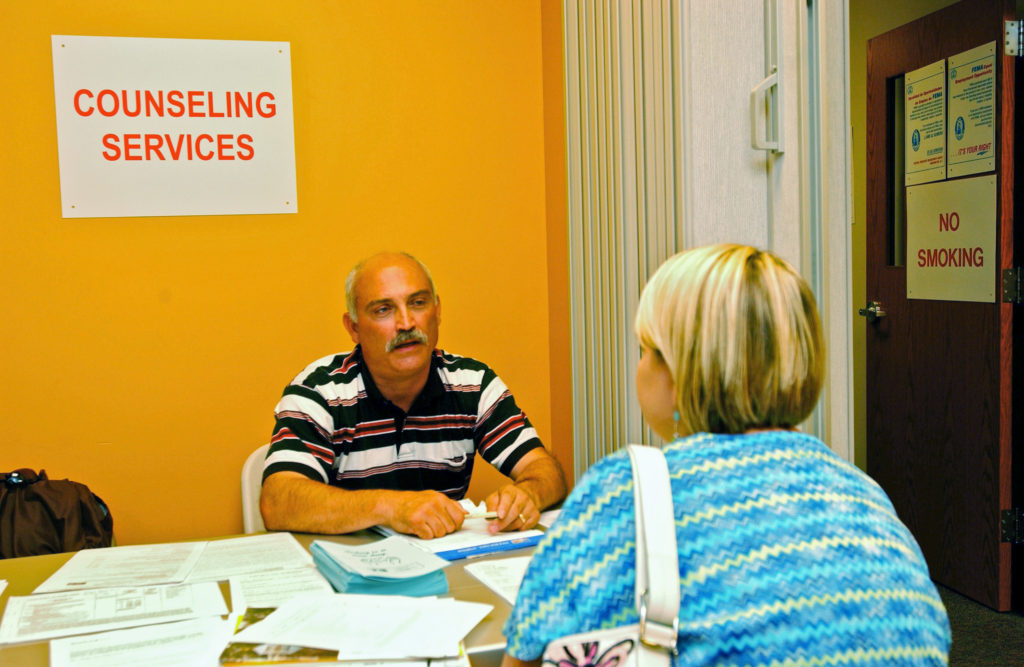Awareness of mental health issues has grown substantially in the last decade and the World is now more open that it ever was to those who suffer from mental health disorders. For many years, mental health was dismissed as an emotional affliction or the result of someone not being wired in the ‘right’ way. Thankfully after years of investigations and the promotion of mental health issues from professionals like Radha Singh, sufferers can finally come forward and receive the treatment that they deserve for an issue which is out of their control.

If you know someone who you think may have a mental health issue, here is how you can best help them.
Talk
The single best way in which you can help anyone with a known or unknown mental health issue is to talk about it. The taboo of mental health is long gone and one of the worst things that you can do with anyone who is suffering, is to ignore their problem. Simply asking someone how they are feeling can go a long way to helping them out and when doing so it is important that you actually care about the answer. You are no professional so you cannot offer support from that aspect but talking with the person you know who has an issue, can help them feel far more comfortable and will put them at ease in your company.
Do Some Research
Your family member or friend may feel completely alone with their problem and you can help them greatly by researching their affliction and understanding it. Gaining an understanding of the problem can help the person you know and help them to feel supported. You could also do some research around where your friend or family member can find some good professional support. There is a whole host of charities and organizations specifically set up to help those with mental health issues and with your input, you could help to find some support for the person you know who is suffering.
Don’t Forget
Something that often happens is that someone who discovers that they have a mental health problem will receive lots of support from those around them when first diagnosed. The problem is however is that once the sufferer starts to receive treatment and their symptoms subside, the issue is easily forgotten about. In order to support the person you know who has a problem it is important that you do not forget about the fact that they will still have this problem, even when they are having treatment. Forgetting about this can mean that should the person you know begin to have their symptoms again, they will once again feel as though nobody understands or that nobody is there for them. Once the symptoms subside you don’t have to talk about the issues daily but once in a while just ask how things are, this will not only give you peace of mind but serve to remind the person who suffering that you are still there for them.





